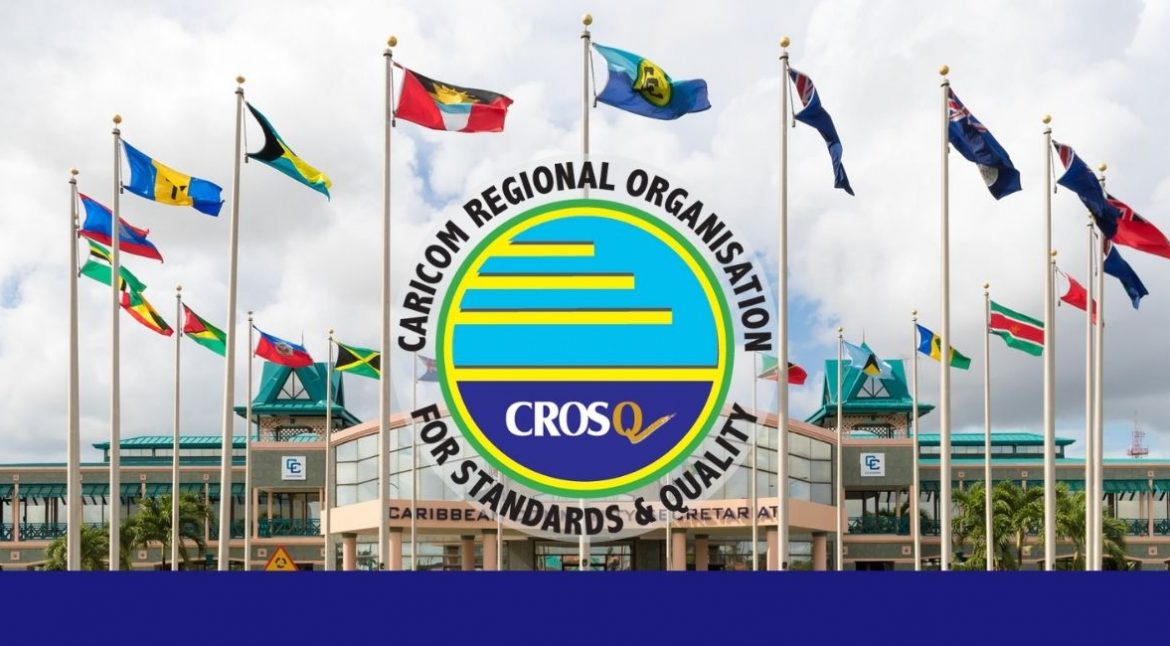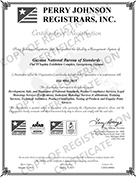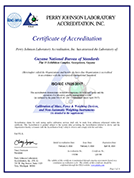Have you ever heard of CROSQ? It is the CARICOM Regional Organisation for Standards and Quality, established two decades ago on July 05, 2001. The aim of CROSQ is to promote efficiency and competitive production of goods and services, through the process of Standardisation and the verification of quality across the Region.
The organisation is comprised of National Standards Bodies (NSBs) from each member state, such as the Guyana National Bureau of Standards (GNBS), the Trinidad and Tobago Bureau of Standards (TTBS) and the Bureau of Standards of Jamaica (BSJ). These NSBs develop and promote standards at the national level. Many of these National Standards are further processed at the broader level to become CARICOM Regional Standards.
Regional Standards, which are used for trade, regulatory purposes and as industry guides for products, services and process quality are also adopted by Member States. They further assist with the implementation of the WTO (World Trade Organisation) Agreement that deals with Technical Barriers to Trade (TBT), which was signed by most Member States (MSs) of CARICOM. With Regional Standards, the aim is to reduce the incidence of standards and regulations being used as barriers to trade.
Standards and Technical Regulations are also covered under Chapter 4 of the Revised Treaty of Chaguaramas, specifically Part 3, which addresses Common Supportive Measures. Article 67 of the Treaty requires that the Council for Trade and Economic Development (COTED), in collaboration with competent agencies, develop a standardization programme consistent with the international obligations of Member States. The programme objectives include trade facilitation, enhanced efficiency in the production, delivery of goods and services, and protection of consumers and the environment.
Apart from facilitating the implementation of the Regional Standardisation programme, CROSQ assists Member States in understanding and fulfilling their obligations under the Treaty of Chaguaramas and other international agreements. Additionally, the Regional Body facilitates access to technical assistance available in the Member States and outside the Region. It also supports the implementation of the Regional Quality Infrastructure.
National Bureaus get the necessary support to implement the components of an internationally recognised Quality Infrastructure (QI) for Standardisation, Conformity Assessment (including Accreditation) and Metrology, in order to contribute to satisfying global demands. These components of QI, necessary for bilateral and multilateral trade, are particularly important for developing countries like those in the Caribbean that need to build and grow their production sectors.
To date, GNBS as an NSB has supported the development and adoption of more than fifty regional standards. These standards primarily relate to agriculture, consumer products and food, and are being used in our local industries to improve products manufactured; making them readily acceptable on the regional market.
Antigua and Barbuda, The Bahamas, Barbados, Belize, Dominica, Grenada, Guyana, Haiti, Jamaica, Montserrat, St. Kitts and Nevis, St. Lucia, St. Vincent and the Grenadines, Suriname, and Trinidad and Tobago are all members of CROSQ. The CROSQ Secretariat is located in Barbados.
Finally, as we prepare to celebrate CARICOM Day tomorrow Monday July 05, let us all focus on the positive outcomes of CARICOM including strides made in the area of Regional Standardisation. We should be all be proud. #WeAreCARICOM
For further information on this subject, contact the GNBS on telephone numbers: 219-0064 or 219-0065 or WhatsApp us on 692-4627.






